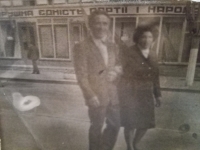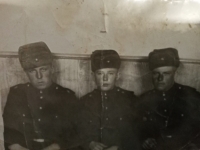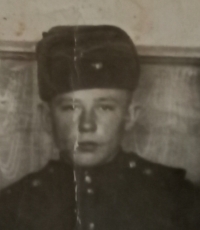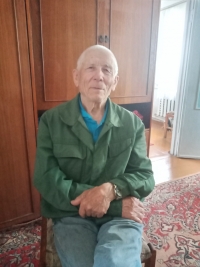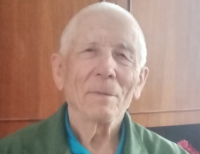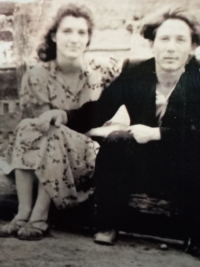We were wandering in Mlynivsky District and had nothing to eat

Stáhnout obrázek
Jefstavij Oleksijovyč Adamčuk was born to Ukrainian parents on the 8th of January 1937 in the village of Wólka Kraśniczyńska in Lublin Voivodeship in Interwar Poland. He experienced Nazi occupation of Poland in his native village between 1939 and 1944. His family moved to Kherson Oblast in Southern Ukraine because of ethnic exchange of citizens between Ukraine and Poland, after the liberation by Red Army in 1945. However, because of poor conditions, they left Southern Ukraine to Rivne Oblast in Volhynia and the family settled in an originally Czech house in the village of Moskovščina. Jefstavij Oleksijovyč than worked in the Soviet Armed Forces in the Chukchi Peninsula and after his return, he worked in a firehouse in the town of Dubno. He now (2020) lives in the town of Dubno in western Ukraine.
